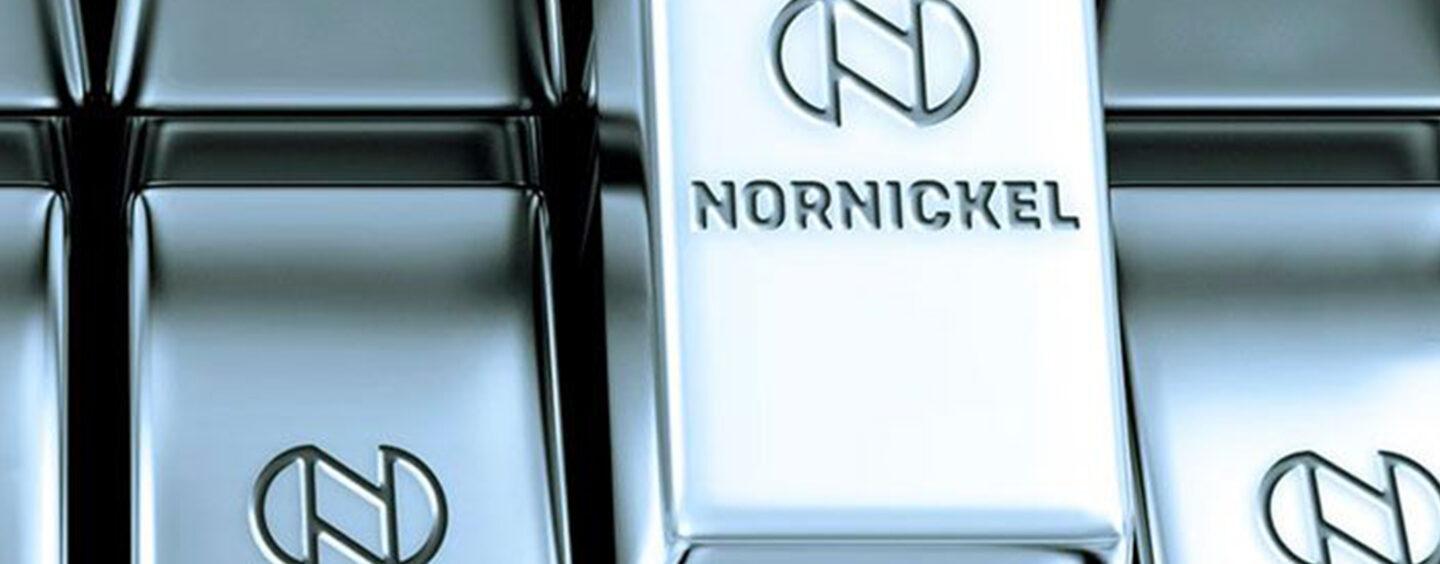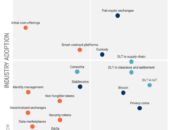Interros, Nornickel’s largest shareholder, has entered the consortium of investors for the Atomyze blockchain platform, Interros head Sergey Batekhin told reporters.
Earlier, Norilsk Nickel, the world’s largest producer of palladium and nickel, issued the first metal contract tokens to its main industrial partners Traxys SA and Umicore SA. Norilsk Nickel became one of the first companies in the industry and in the world to launch this mechanism.
Atomyze deals with the tokenization of physical assets, that is, the translation of them into digital form. One of the first Atomyze issuers was Norilsk Nickel, which last year issued tokens for its metals on this platform. Tokens are actively traded on the London and Frankfurt stock exchanges, and they are planned to be listed on other world platforms.

Sergey Batekhin
“Own platforms for tokenization are an element of a full-fledged infrastructure for the digital economy, which is important from the point of view of ensuring digital equality of Russia with the world’s largest economies,”
Batekhin said. The Atomyze platform exists in the American and Swiss jurisdictions, pending permission from the Central Bank of Russia. At the end of May, the Russian Union of Industrialists and Entrepreneurs asked the Central Bank to speed up the licensing of tokenization platforms in Russia.
Tokenization will allow industrial companies with ambitious environmental goals to create additional value for their ESG-compliant products. According to Mr. Batekhin, the creation of new value can become another incentive for the digitalization of industrial goods, in addition to the obvious simplification of procedures between market participants (for example, when planning supplies and distributing surpluses).
Digital assets that will be backed by ESG compliant products have an important difference from conventional financial instruments. Given the specifications of the blockchain technology, the origin of goods and services at all stages of their production up to disposal will be transparent.
“Smart contracts can contain important information for responsible manufacturers and consumers of products regarding the compliance of products with ESG standards,”
said Batekhin. Potentially, tokens for such products can become an investment tool and be in demand not only among traditional industrial clients, but also among other categories of investors focused on ESG.
Over the past two years, Norilsk Nickel has reduced its carbon footprint by more than 70,000 tons and plans to release the first batch of carbon-neutral nickel in the near future, Batekhin said. The green status of these products of the company will be provided not by offsets, but by a specific set of measures that made it possible to offset the carbon footprint for this batch.
In early June, the company’s Board of Directors approved a new environmental strategy to further reduce emissions and improve energy efficiency. At present, Norilsk Nickel is in the lower segment of the global indicators of the intensity of greenhouse gas emissions and is the leader in terms of the use of renewable energy sources: in 2020, the share of electricity obtained from renewable sources amounted to 46% for the group as a whole. According to Batekhin, the carbon neutral metal will be in demand by the world’s most demanding producers such as Tesla, Apple and others, especially in anticipation of the carbon tax, which the EU plans to introduce from 2023.






